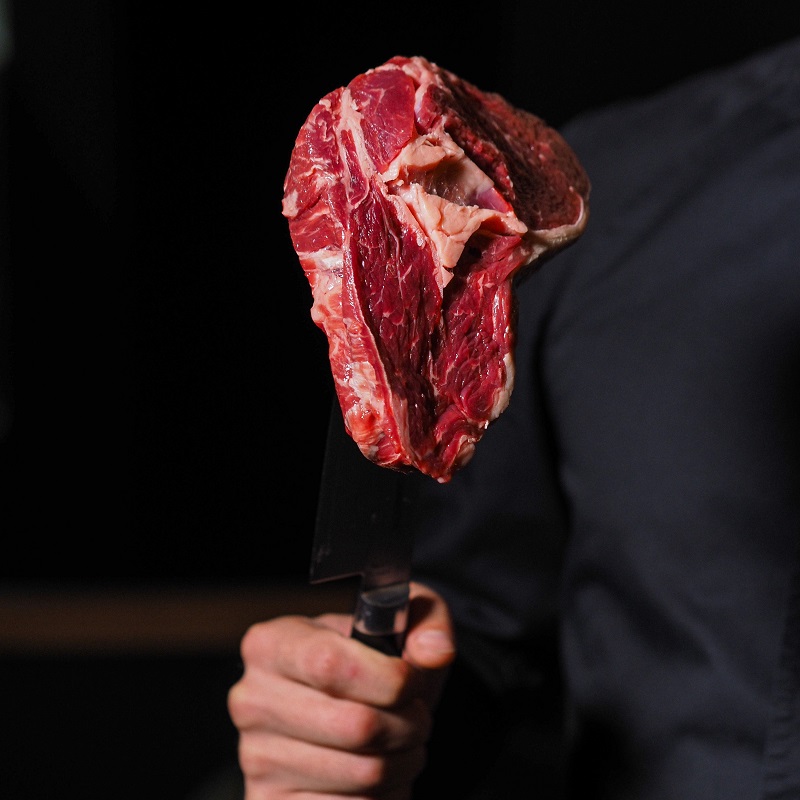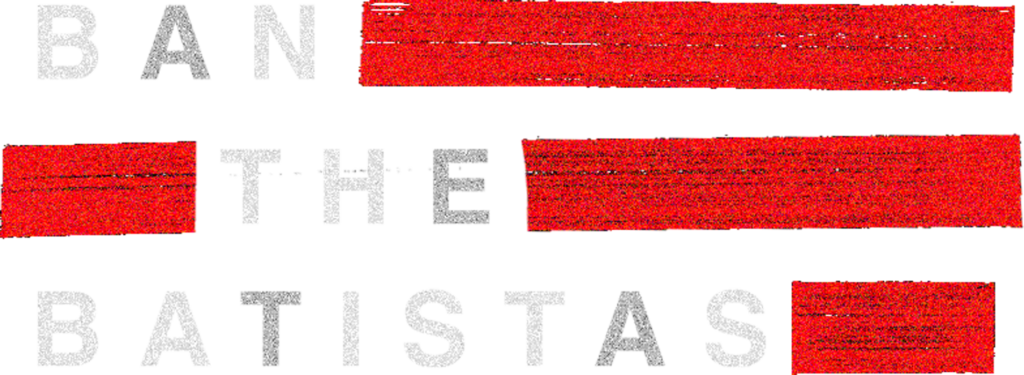This article first appeared in Food Ingredients First.
11 Jan 2024 — UK Parliamentarians and the anti-JBS coalition Ban the Batistas have doubled down on the world’s largest meat producer in its push for a US initial public offering (IPO).
The parties fear that the New York Stock Exchange (NYSE) listing will give brothers Joesley and Wesley Batista, who control JBS, increased access to capital, allowing them to further expand their business without proper oversight or accountability.
Ban the Batistas commented on a letter sent this week to the US Securities and Exchange Commission (SEC) Chair Gary Gensler from a cross-party group of UK Parliamentarians, led by Lord Goldsmith, expressing these concerns.
The elected representatives from the UK House of Commons, under the banner of securing global environmental sustainability and slowing climate change, urged the SEC to use its position to reject the JBS IPO application.
The Batista brothers own 49% of JBS via their holding company J&F Investimentos.“As JBS maneuvers to become a public company on the NYSE, Ban the Batistas and many concerned groups around the world are calling for investors, banks and regulators to withdraw their support for JBS’ plans to gain access to capital in the US markets. Ten British MPs sent a letter to the SEC highlighting their concerns about JBS,” comments Ban the Batistas executive director Kimberly Spell.
“Given the potential for increased financial, social and environmental risks posed by the meat conglomerate’s operations and legacy of misconduct, we urge the investment community to ask the hard questions and demand fuller transparency from JBS about its true intentions,” she concluded.
Calling to light historical malpractices
The Batista brothers own 49% of JBS via their holding company J&F Investimentos. Ban the Batistas is seeking to raise awareness about the claims and historical record of JBS’ lack of transparency and accusations and concerns about its links to deforestation and child labor, among other issues.
Last April, JBS agreed to pay US$25 million to commercial beef purchasers accusing the meat producer of conspiring with industry competitors to constrain market supply to keep prices artificially high.
“JBS, the biggest meat producer globally, has a well-documented history of engaging in deforestation, violating human rights, and seizing land from Indigenous communities. As a global food leader looking to increase its growth and influence, the company’s practices pose a significant threat to the ecosystem for global climate regulation and biodiversity conservation,” reads the UK House of Commons letter.
“We believe that you are aware — through the extensive media coverage and reviews of regulators including the SEC — of the alleged and actual corporate malpractice at JBS. In the last year alone, organizations including Global Witness, Mighty Earth and Ban the Batistas have been highlighting a litany of abuses that may present financial risks and should be immense cause for concern for investors.”
Ban the Batistas asserts the letter is “yet further evidence” that the international community is monitoring JBS and its intended IPO, and that US leadership on climate issues is increasingly under question.
“Given what we know about JBS, an IPO should be out of the question,” states the coalition.
The parties against JBS maintain that allowing a JBS NYSE listing would “contradict global efforts seeking to mitigate climate change, halt monopolization, and support regulators protecting the best interests of consumers, workers and investors.”
At the COP28 United Nations Climate Change Conference in November 2023, Ban the Batistas claimed that JBS attempted to “greenwash its harmful climate and environmental impact record.”
Meat companies at the recent summit were accompanied by lobby groups that represent them, some of which have a history of “obstructive action,” as flagged by climate change activist group DeSmog. They included the North American Meat Institute, a group representing large meat producers in the US, which in 2022 was still questioning on its website whether climate change was caused by humans.
“Amid its marketing and advertising, JBS pledged to support sustainable livestock traceability – an attempt to change the conversation about its history of detrimental impact on the environment and climate even as its operations net billions of dollars in profits every year.”
Over the past year, JBS ramped up communications involving its efforts to diversify its protein portfolio outside of meat.
Last September, the meat packer commenced construction of Brazil’s first cultivated protein R&D innovation center. Scheduled to open at the end of this year, the JBS Biotech Innovation Centre at Sapiens Parque innovation hub, in Florianópolis, Santa Catarina, will be Brazil’s biggest research facility focused on food biotechnology.
“Our message is clear: pay attention to the potential for continued negative commercial, environmental and humanitarian impact posed by a JBS expansion through a US IPO and what it would mean for American agribusiness,” maintains Ban the Batistas.
Food Ingredients First has reached out to JBS for further comment.
By Benjamin Ferrer

